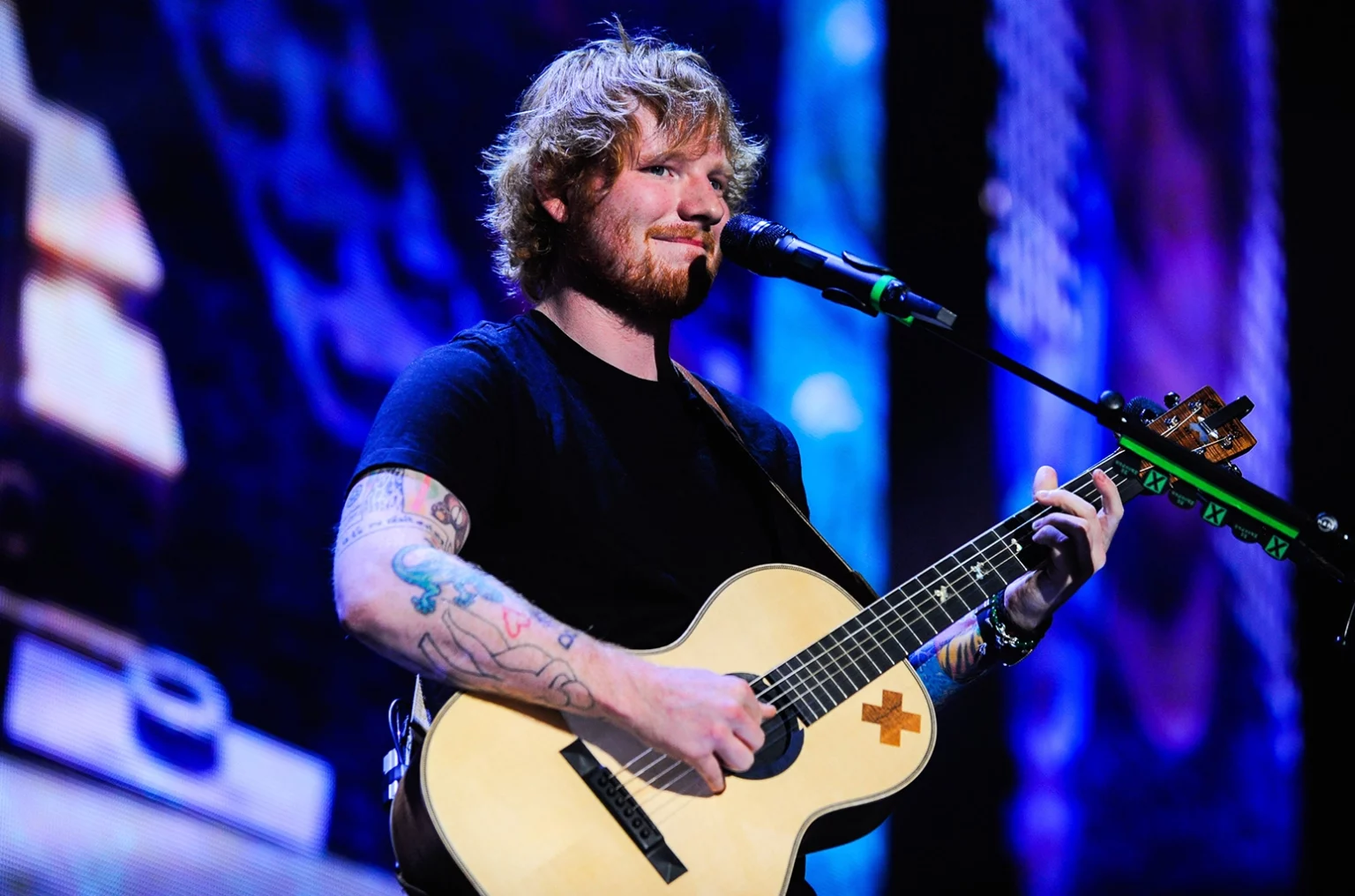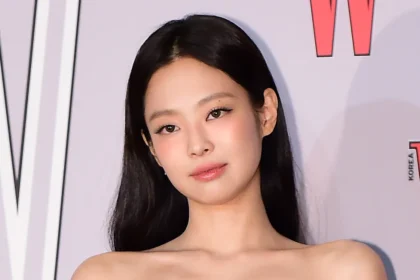Singer-songwriter Ed Sheeran is set to testify in court as the trial over his alleged copying of Marvin Gaye’s Let’s Get It On begins in New York on April 24. The trial follows a 2017 lawsuit filed by the heirs of Ed Townsend, Gaye’s co-writer, who claimed that Sheeran’s hit song Thinking Out Loud had “striking similarities” to Let’s Get It On, infringing on the song’s copyright.
Sheeran’s lawyers have countered the claims, arguing that the songs share a similar chord progression that is freely available to all songwriters, and that the case is an opportunity to vindicate the creative work of Sheeran and his co-writers. “The two songs share versions of a similar and unprotected chord progression that was freely available to all songwriters,” read the court filing.
The trial began on April 24 in a Manhattan federal courtroom and is set to last for a week. According to Independent, the jury in this case are asked to “take in the raw elements of melody, harmony and rhythm” while discussing the legal similarities between the two songs.
Sheeran’s legal team, Simon Goodbody and Andrew Forbes, are optimistic about the outcome of the case. “The judgment is an emphatic vindication of the creative genius of Ed, Johnny and Steve – as they have always maintained, they created Shape Of You together, without copying from anyone else,” they said.
The case highlights the ongoing debate over the use of pre-existing musical elements in contemporary popular music. In recent years, several high-profile copyright infringement cases have been brought against popular musicians, including Robin Thicke and Pharrell Williams for their song Blurred Lines, which was found to have copied elements of Marvin Gaye’s Got To Give It Up.
The outcome of the trial is eagerly awaited by fans and music industry professionals alike, as it may have far-reaching implications for the future of creative work in popular music. It will also be a test of the strength and scope of copyright laws in the age of digital music, and of the courts’ ability to adjudicate complex disputes over creative ownership and intellectual property.




